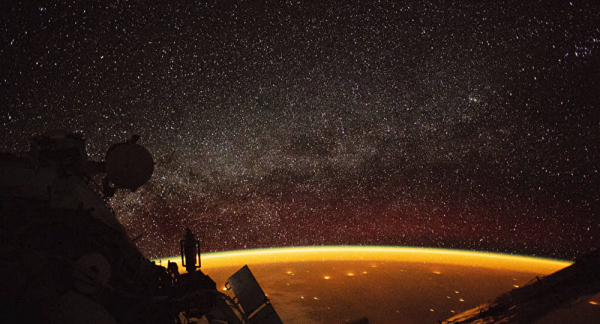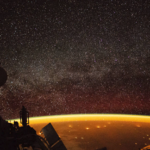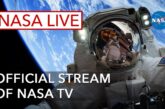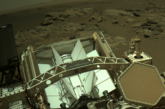
The billionaire space race formally kicked off last month after companies owned by Virgin Group CEO Richard Branson and Amazon chairman Jeff Bezos sent the men soaring to the edge of space. Critics have viciously attacked the billionaires for bringing a dystopian sci-fi vision of the future one step closer to reality.
Raytheon Technologies subsidiary Collins Aerospace has confirmed that it has been awarded a $2.6 million contract by an “undisclosed customer” to develop environmental control and life support systems for a “privately-owned and operated orbital outpost in low Earth orbit.”
Shawn Macleod, Collins Aerospace director of business development, told SpaceNews that the $2.6 million contract has been penned with a mystery “long-duration stay, orbital customer,” and said that the hardware being created by Collins “can be deployed within a few years.” The official indicated that the contract was not the company’s first with a private customer, but did not elaborate.
©
Photo : Collins AerospaceCollins Aerospace ‘Environmental Control and Life Support Systems (ECLSS) suite.
Collins Aerospace says its finished product will leverage “advanced materials, tools, and manufacturing processes to provide a comprehensive design, production and post-production support.” The company suggests that space technology’s evolution “for commercial consumption” will allow private companies, NASA and others to “benefit from the cost savings that result by leveraging applications for broader use.”
The Charlotte, North Carolina-based company was previously commissioned to build life support systems for NASA, including oxygen generation, waste management, water processing, fire detection and suppression, and portable life support systems. The company also manufactures various components for the space sector including wheels, space suit cooling and ventilation products, and optical systems. The company’s aerospace business intertwines with its products for the US military, which includes aero structures and avionics, communications, display and control systems, and a broad range of other equipment.
Houston-based aerospace company Axiom Space plans to start commercial missions to the International Space Station in 2022 via Elon Musk’s SpaceX-developed Falcon 9 and Crew Dragon aircraft, and has previously announced an ambitious bid to create the world’s first commercial space station. NASA selected the company to build a commercial destination module to the ISS in 2020, and SpaceNews believes it may be the secret, unnamed customer behind the $2.6 million contract with Collins Aerospace.
Jeff Bezos’ Blue Origin, which successfully carried the billionaire to the edge of space last month, has also publicly mulled its possible interest in the creation of a commercial space station.
Critics of the the privatization of space, whether it be through private space flights or privately owned space stations, have expressed concerns that such ventures may betray the legacy of the Soviet (and to a lesser extent, American) space pioneers of the 20th century, who envisioned the exploration of space as a way to get to know the Solar System and our galaxy and allow humanity to eventually escape the bounds of Earth, rather than serving as just another means to make a profit or engage in self-serving publicity stunts.
Sourse: sputniknews.com





